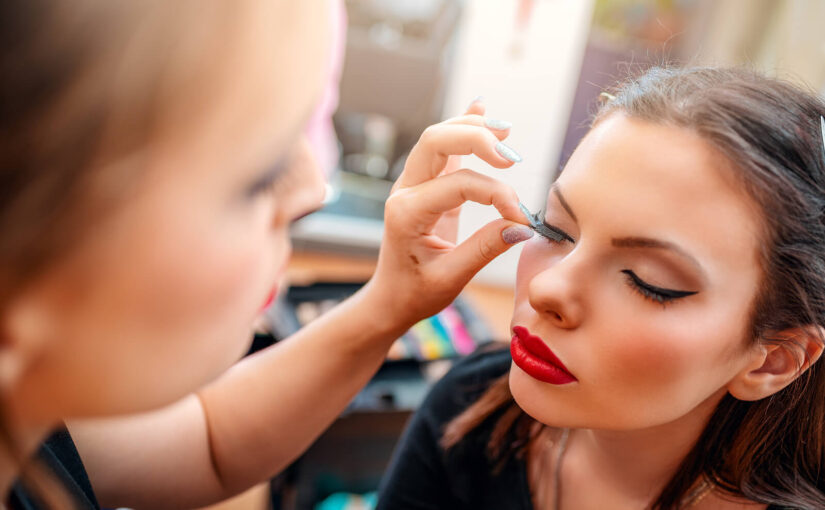The vibrant atmosphere and lively entertainment of UK festivals draw in millions of attendees every year. Our local music festivals attract 6.5 million people, with many more attending festivals dedicated to food, dance, arts, and cultural events.
Despite the excitement surrounding each British festival, there’s a persistent issue: excessive waste.
Waste management poses a significant challenge for organisers, whether those covering the sprawling grounds of Leeds Festival or smaller sites like Slam Dunk, Live at Leeds, and North Leeds Food Festival.
Taking charge of site waste is crucial to festival organisation. We’ve all witnessed the disheartening post-event footage of those lacking a sufficient festival waste management plan — fields strewn with litter, abandoned tents, and chairs.
Powerful Thinking’s ‘The Show Must Go On’ report revealed UK camping music festivals produce 25,800 tonnes of waste yearly. Prevention is ideal but not always feasible, so prioritising reusability and fostering a responsible waste disposal culture among festivalgoers is essential.
Join us as we explore six tips for managing waste at festivals. Learn how to prepare ticketholders, liaise with waste management vendors, and produce a comprehensive event waste management plan.
Implementing these practical strategies can prevent issues, alleviate concerns, and pave the way for a cleaner, more eco-friendly festival experience.
Continue reading Six festival waste management tips for organisers









